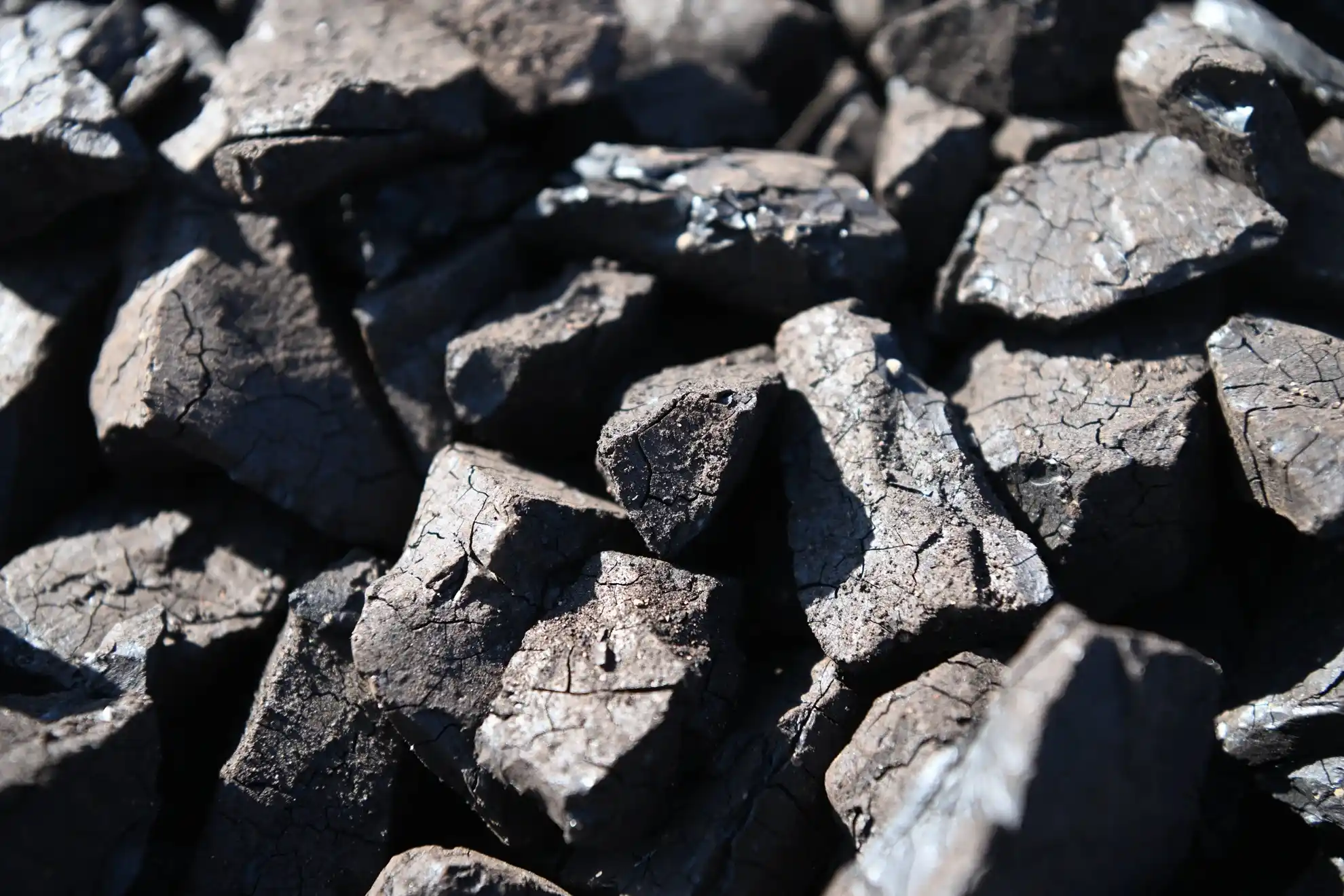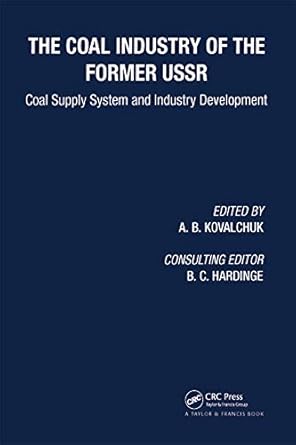Russia’s coal sector, long a cornerstone of its economy and employer of over 150,000 people, is sinking deeper into financial distress. In 2024, the industry posted a net loss of 112.6 billion rubles (approximately $1.2 billion), a dramatic reversal from a 374.7 billion ruble profit in 2023. The share of unprofitable companies surged from 31.5% to 53.3%. The downward trend has continued into 2025, with losses reaching nearly 20 billion rubles in January and February alone—equivalent to an annualized 120 billion rubles—while 57.6% of firms are operating in the red.
Economic Pressures Mount, Government Struggles to Respond
The crisis is driven by a toxic combination of factors: plummeting coal prices—both thermal and coking coal have fallen to $100 per tonne or less—Western sanctions, and a punishingly high central bank interest rate that stifles investment in modern equipment. Export demand, particularly from China, has waned, while global competitors saturate the market. These mounting pressures threaten widespread bankruptcies, putting thousands of jobs and entire regional economies at risk, especially in coal-dependent Kuzbass.
Still, there are faint glimmers of hope. Global coal demand is projected to rise by 3–7% in the medium term, driven by Asia-Pacific markets. Russia’s logistical advantages, including the North–South Transport Corridor, could offer a competitive edge. But survival will require sweeping technological and organizational reforms—a tall order for an industry already on its knees.
Leadership Crisis and the Future of the Sector
In response, the Russian government instructed the Ministry of Energy in late 2024 to craft an anti-crisis plan comprising more than 60 measures, primarily centered on tax and fiscal relief. Yet skepticism over its effectiveness is widespread. Insiders point to a deeper issue: poor leadership. Energy Minister Sergei Tsivilev, appointed to navigate the crisis following his tenure as governor of Kuzbass, has disappointed. Critics, including sources within the ministry, cite a lack of innovative thinking and inadequate federal-level experience. He is accused of prioritizing loyalists and serving the interests of oligarch Gennady Timchenko—his former business partner at Kolmar—over the needs of the broader industry.
Tsivilev’s political protection is eroding. Timchenko’s influence is said to be waning amid growing competition from rival elite factions, leaving the minister increasingly exposed. In practice, Deputy Prime Minister Alexander Novak appears to be leading efforts to save the sector. His approach emphasizes restructuring, including transferring unprofitable firms to new ownership through VEB-supervised bankruptcy proceedings—a pragmatic, yet politically sensitive strategy.
For Russia’s coal industry, the path forward is treacherous. Without decisive leadership and meaningful state support, this once-vital sector may face a prolonged and possibly irreversible decline—even as global demand offers a narrow but real chance of recovery.





















